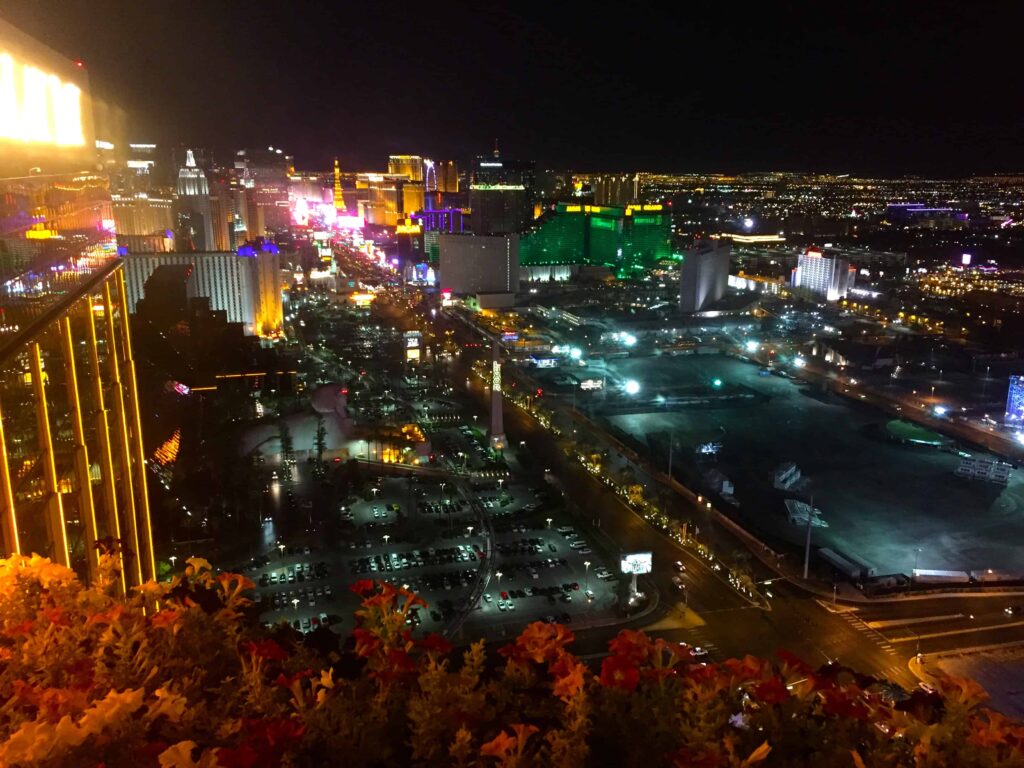 Hundreds of victims of the recent Las Vegas mass shooting have filed lawsuits in Los Angeles Superior Court against the operators of the hotel where the shooter was staying, the organizers of the country music festival the shooter fired upon, and the shooter’s own estate.
Hundreds of victims of the recent Las Vegas mass shooting have filed lawsuits in Los Angeles Superior Court against the operators of the hotel where the shooter was staying, the organizers of the country music festival the shooter fired upon, and the shooter’s own estate.
Las Vegas Mass Shooting Worst in Modern U.S. History
On October 1, 2017, 64-year-old Stephen Paddock fired into a crowd at the Route 91 Harvest Festival from his 32nd-floor hotel suite at Las Vegas’s Mandalay Bay Hotel. Paddock killed 58 people and injured hundreds more before killing himself, in what has been called the worst mass shooting in modern U.S. history.
Largest Lawsuit on Behalf of 450 People
The Las Vegas mass shooting lawsuits were filed on November 20, 2017. The largest lawsuit was filed on behalf of 450 plaintiffs who were injured in or witnessed the shooting, while four other lawsuits were filed on behalf of the families of people who were killed or severely injured.
The cases were filed in California because the attorneys claim that most of the plaintiffs were from the state and had been treated there, and also because the event’s organizer, Live Nation Entertainment, is a California-based company.
Multiple Defendants
The lawsuits named MGM Resorts International and its subsidiary Mandalay Corp, which owned the hotel, as defendants, claiming that they failed to properly monitor the shooter’s activities, employ proper security measures, train staff members adequately, and respond quickly when security guard Jesus Campos was shot. The suits also alleged that Paddock’s VIP status gave him access to a service elevator at the Mandalay Bay, which he used to stockpile weapons and ammunition prior to the shooting.
The plaintiffs also sued Live Nation Entertainment, claiming that the festival organizers failed to provide adequate exits and train staff “in case of a foreseeable event, such as a terrorist attack or other emergency.” Finally, Paddock’s own estate was also sued for assault, battery, and intentional infliction of emotional distress.
The five lawsuits join 14 suits filed the previous week in a Nevada court.
“Bump Stock” Manufacturer Not Named
The previously filed lawsuits also named Slide Fire Solutions, the maker of the “bump stock” device the shooter used to create a near-automatic rate of fire, as a defendant, though none of the California lawsuits did.
The personal injury attorney representing the 450 plaintiffs stated that they made the decision not to pursue Slide Fire because most of his clients supported the right to bear arms, and they did not want to turn this into a gun rights case.
An Uphill Battle
Legal analysts argue that these lawsuits may face an uphill battle and that it could be difficult to prove these venues were negligent. The hotel, for example, might not have reasonably been expected to predict that Paddock would go up to his room with an arsenal, break out the windows, and start firing on concertgoers.
Similar cases have also failed in the past. In October 2017, victims of the 2012 Aurora, CO movie theater shooting lost a lawsuit they filed against Cinemark, and they were even ordered to pay the theater chain’s legal fees.
Lawsuits against the gun industry also tend to be unsuccessful, since laws like 2005’s Protection of Lawful Commerce in Arms Act broadly exempt manufacturers from lawsuits when criminals use their products.
<< BACK TO BLOG POSTS